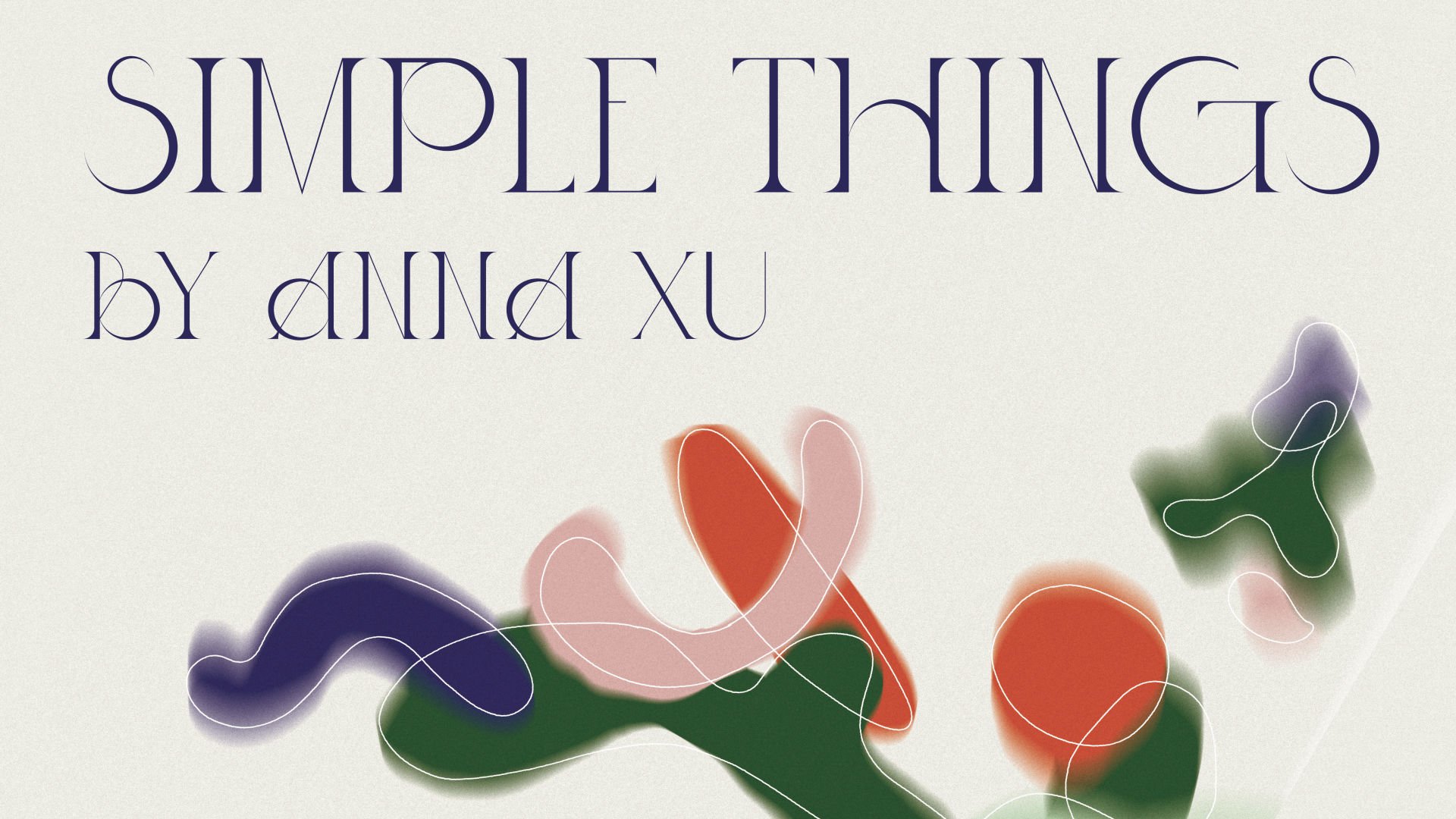Twenty days before my twentieth birthday, I cut off over half my hair and felt, remarkably, nothing. I looked at my hair on the ground as I stood up and thought: I am very good at creating reasons to hold onto things.
In the car, my friend sits next to me. She sees me close a notification that reads: 5 minutes remaining for Instagram today. Good on you, she says.
No, I say. It doesn’t work most of the time. Actually, it never works.
She nods her head, she tells me she knows. I try to clarify.
I mean, I say. It’s me. I have no self-control.
I get you, she says. I get you. I used to have one of those on my phone too.
I ask her if she still uses it and she tells me she doesn’t. In fact, she deleted it a long time ago. But it gave me a sense of time, she says. Sometimes, just having a sense of time is good enough.
In ‘The Art of Cruelty,’ Maggie Nelson writes: “knowing the truth” does not come with redemption as a guarantee.
I am sitting on the couch at the time I’m reading this. My nose stings from the ammonic residue of my dog’s pee. It’s still the comfiest place in the house. The sun casts a light onto my page and every so often I have to adjust myself slightly, so my shadow does not swallow the words. We have tried many times to get the smell out — that part is easy. The hard part is training him to stop. Both are tiring in different ways. I read on.
—nor does a feeling of redemption guarantee an end to a cycle of wrongdoing. Some would even say it is key to maintaining it.
On the bus, I feel a sharp pain in my side. It is like nothing I have ever experienced before. The location is foreign, coming from somewhere I didn’t know I could feel things, until now. I have been dealing with digestive pain for the past five years but I can feel this is something different. The bus is full and I think to myself: I am in the worst pain of my life and nobody here suspects a thing. This was not alarming so much as it was amusing. So rarely does life actually pan out like an absurdist play.
I drink water while typing ‘sharp pain under ribs left side.’ As I am up to reading the list of life-threatening causes, the pain subsides. Somehow its disappearance is more frightening than its arrival.
I get to my friend’s house, where everyone else is, and I tell them the same story. I’ve had that before, one friend says. It means your ribcage is growing.
I ask her if it’s common and she tells me: more common than you think.
Privately, I keep lists. One is a collection of people I have seen in public reading. In this, I write the date, the book, a line describing where I was and what I was doing. On the train to a friend’s birthday party, one reads. 5:44 p.m. There is another list: I call this one my will to live. There are ten items.
I am at the halfway point between defeat and despair when I read: revolutions are about simple things. The gesture is small but its impression is enormous. I baked a loaf of bread the other day. I watched it rise in the oven. Then and during times since, I catch the thought repeating itself quietly in my head when I am alone. I can trace its outline, the words like cumulus clouds, forming their shapes dense and distinct: revolutions are about simple things.
In Sally Rooney’s ‘Conversations with Friends,’ the protagonist, Frances, is in a church on the verge of fainting. She tells us: instead of thinking gigantic thoughts, I tried to focus on something small, the smallest thing I could think of. The following sequence is transformative, a journey through the cycles of relation, within which we all carry out the day. Physically dormant but mentally expanding, we watch Frances, delirious, locate herself in the midst of something larger and looming. Her first thought is: someone once made this pew I’m sitting on. Here, Rooney seems to be saying it’s always possible to land on your feet no matter where you are. You just have to start with the simple things.
Jenny Offill in ‘Weather’ says it in another way: commit to the next day, the next hour, the next minute, even.
My partner once taught me a game. What is special about this game is that it never ends: one person asks the other which direction the city is in, and then you have to point as quickly as you can. Where you are doesn’t matter. It is almost a leap of faith. Wrong, he said, the first time I tried. It’s in the opposite direction.
Nowadays I am getting better at locating where I am. I am able to walk from one end of a street to the other without having to check the map. Outwardly, I do not seem to be an obsessive person and so I know this means nothing to anyone except myself. Sometimes leaps of faith are necessary. Simple things. Trust me.


 -
-